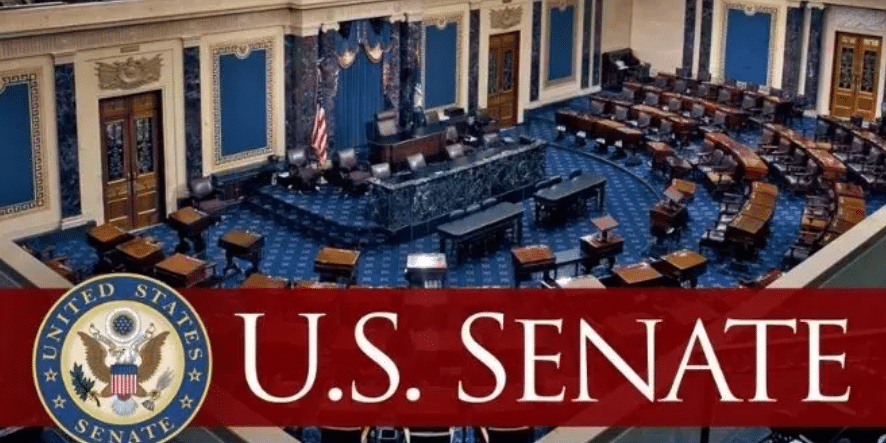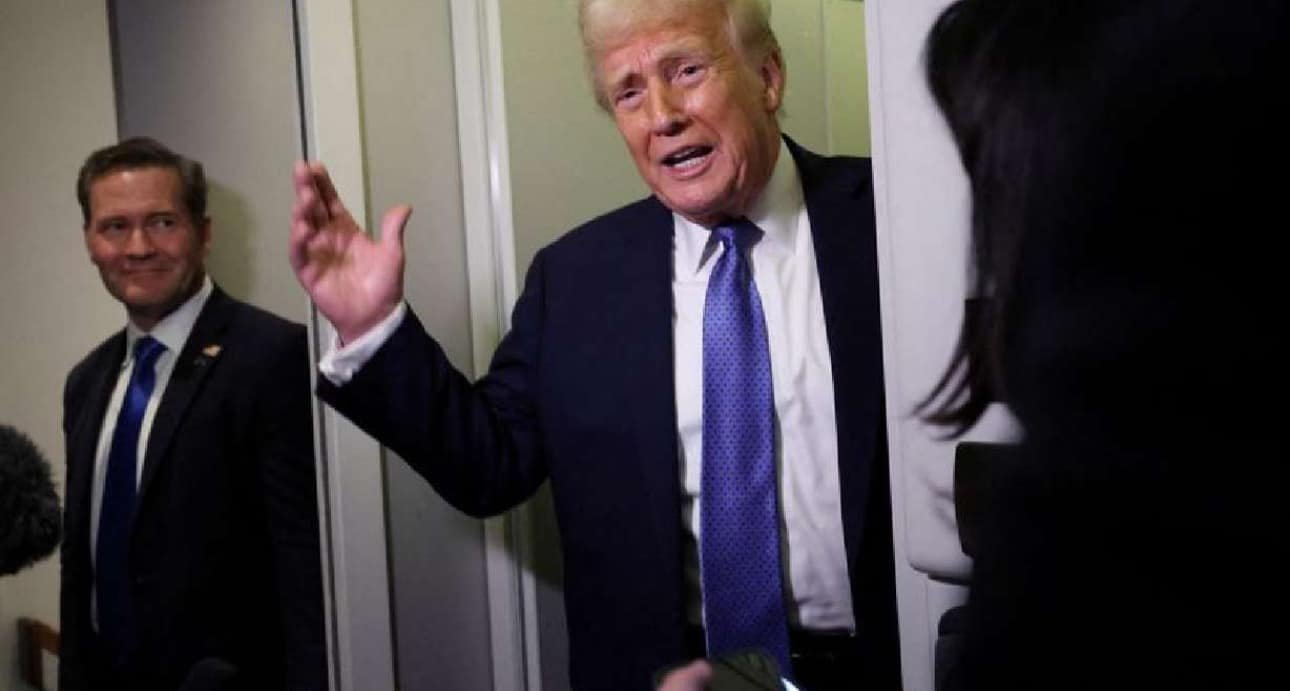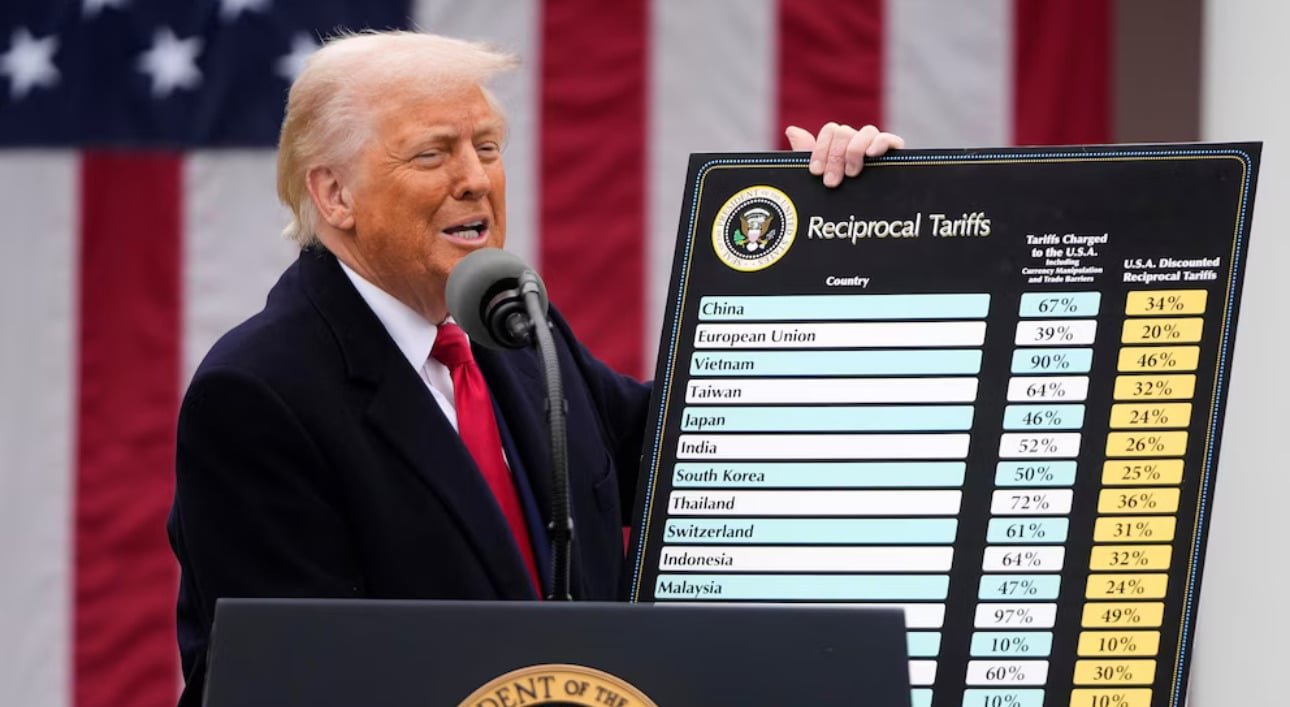How a US Senators Role Affects Their Constituents: A Deep Dive
In the American political scene, a US senator’s role is key. They act as vital representatives, shaping policies that deeply affect their communities. This article dives into how a senator’s role impacts their constituents, covering their duties, powers, and the wider effects of their actions.
By understanding this, we see how senators work in the US Senate to support the American people’s needs and dreams. We also look at the importance of direct elections, thanks to the 17th Amendment. This change aimed to fight corruption and boost accountability.
Key Takeaways
- The 17th Amendment, ratified in 1913, allows for the direct election of U.S. senators by the public.
- Direct election of senators has reportedly increased accountability, with around 70% of voters supporting this change.
- Campaign spending in Senate races has escalated, with some elections exceeding $100 million.
- Public engagement in the legislative process has improved due to direct elections, enhancing the relationship between senators and their constituents.
- The demographic representation within the Senate has improved over the years, with more women senators.
- Approximately 80% of Americans advocate for reforms in campaign finance to reduce the influence of money in politics.
The Constitutional Foundation of the US Senate
The US Senate is a key part of American government. It was created with a special purpose in mind. The Senate represents both states and the people, balancing power and voice.
The Framer’s Intent
The Framers wanted the Senate to be a steady force in lawmaking. They aimed to protect against the whims of public opinion. They made sure each state has an equal say, no matter its size.
This ensures that all states have a voice. It encourages cooperation among different interests.
Checks and Balances
The Senate is a key part of the Constitution’s checks and balances. It prevents any one branch of government from getting too much power. It has the power to approve presidential picks and treaties.
This careful division means laws get a thorough review. It ensures decisions are well thought out.
Understanding the Role of a US Senator
The role of a US Senator is complex and vital in the federal government. They do more than just vote on laws. They create laws, talk about foreign relations, and advise on presidential picks. This ensures their constituents’ needs are met.
Senatorial Responsibilities
The role of a US Senator includes many duties.
- They develop and vote on bills that shape the nation.
- They discuss and help shape U.S. foreign policy.
- They advise on presidential nominations, like cabinet members and judges.
Senators have a big job. They need to know a lot about laws and their state’s issues. They must work well with others to pass important laws.
Constituent Interaction
Senators must talk to the people they represent. They hold town halls and meet with locals. This helps them understand what their constituents want.
Senators also help with federal agency problems. They offer both legislative help and personal assistance. This shows they truly care about their constituents’ needs.
How a US Senator’s Role Affects Their Constituents: A Deep Dive
US Senators have a big role in making laws and policies that affect people’s lives. They don’t just make laws; they also fight for local issues that matter to their communities. This shows how important a US Senator’s impact is on our daily lives.
Legislation and Policy Influence
Senators have a lot of power in making laws and policies. They work hard to make sure their state’s needs are met in laws. Building trust with other lawmakers is key to creating effective policies.
Advocacy for Local Issues
Senators must fight for local issues to make sure their people’s needs are heard. Gary Peters is a great example of this with his bipartisan work. He listens to his community’s needs and works to help them.
It’s important for Senators to understand each local issue well. This helps them represent their people better and build strong relationships. Their efforts can bring in much-needed funding and help communities grow.
Senatorial Influence on the Legislative Process
The legislative process is greatly influenced by senators in Congress. Their roles start with committee assignments, which shape policy and legislation. These assignments let senators fight for their constituents’ interests and navigate the legislative process.
Committee Assignments and Their Impact
Committee assignments are key in setting the legislative agenda. Senators with important roles have more power to shape policy. For example, a senator with many assignments can push for laws that meet their constituents’ needs.
The process of getting these assignments can be complex. Some senators gain high-profile roles after building alliances and using their Senate connections.
Vote Trading and Alliances
Vote trading is a common tactic among senators. It helps them form alliances that benefit their constituents. These agreements allow senators to trade votes for support on bills.
This cooperation makes the legislative process more efficient and focused on local concerns. Senators build alliances to achieve their goals and balance national and local interests. The complex network of relationships shows the teamwork needed for effective governance.
Constituent Representation and Engagement
A US Senator’s role goes beyond making laws. They must also listen to and help their constituents. This is done through services, town halls, and community outreach. These efforts help build strong relationships between Senators and the people they represent.
By engaging with constituents, Senators can hear their concerns and act on them. This dialogue is key to effective representation.
Constituent Services
Constituent services are crucial for connecting Senators with their communities. They offer support with federal matters. A 2016 survey found that 48 percent of voters had contacted a Representative or Senator in the past five years.
Services include help with federal benefits, immigration issues, and veterans‘ affairs. These services empower constituents and improve engagement. They allow Senators to understand issues directly from those affected.
Town Halls and Community Outreach
Town halls are a key way for Senators to engage with constituents. At these events, Senators can gather feedback and share updates on laws. A significant 94 percent of congressional staff said in-person visits greatly influence lawmakers.
By attending town halls, Senators can address local concerns and gather insights. This shows that constituents’ voices matter in making laws.
Community outreach also plays a big role. Through events and partnerships, Senators can amplify community voices. Personalized communication is also powerful, with 92 percent of staff saying emails can sway undecided lawmakers.
| Engagement Method | Potential Impact | Statistics |
|---|---|---|
| Constituent Services | Help residents navigate federal issues | 48% of voters contacted their Representatives |
| Town Halls | Foster direct communication | 94% of staff value in-person visits |
| Community Outreach | Create collaborative environments | 92% support personalized emails |
Through these efforts, Senators can better understand local issues. They also promote a dialogue that empowers constituents. Effective representation relies on how well Senators engage and support their communities.
Challenges Faced by US Senators
Being a US Senator is tough. They have to balance what’s good for the country with what their local people need. They face a lot of pressure from their party, the media, and the public. These pressures shape their decisions and what they focus on.
Balancing National vs. Local Interests
Senators struggle to mix national goals with local needs. They must push for policies that help their state while solving local problems. This is hard when national goals don’t match local needs, forcing tough choices.
They might have to choose between supporting big national plans or local issues. This creates tension between their duty to the state and their role in federal government.
Political Pressures and Public Expectations
Senators deal with constant political pressure. They must listen to their people, be open, and keep promises. If they don’t, they could lose support.
It’s crucial for them to find a way to please both their local voters and the nation. This is a big challenge.
| Challenge | Implications |
|---|---|
| Balancing national vs local interests | Potential conflicts between state needs and federal policies |
| Political pressures | Impact on decision-making and legislative priorities |
| Public expectations | Need for transparency and accountability |
The Impact of Direct Election on Senatorial Power
The Seventeenth Amendment changed how Senators are elected. Now, they are chosen by the people, not just state legislatures. This change makes Senators more accountable to voters.
Shift from State Legislatures to Popular Sovereignty
Before 1913, Senators were picked by state legislatures. This made them less accountable to the public. The Seventeenth Amendment changed this, making Senators more connected to their constituents.
This change brought democracy closer to the people. It made sure that ordinary citizens could have a bigger say in laws.
Trends in Voter Engagement
Voter interest in senatorial elections is growing. People are more aware of their Senators’ actions. This is due to several factors:
- The average Senator’s term lasts six years, with nearly one-third facing reelection every two years, fostering continuous public interest.
- Term limits in state legislatures, implemented across numerous states, encourage a focus on efficient governance and responsiveness.
- Generational shifts within the Senate, where 66% of Senators represent older generations, but an emerging millennial presence (3%) suggests changing perspectives and priorities.
| Generation | Percentage in Senate |
|---|---|
| Boomer (1946-1964) | 66% |
| Gen X (1965-1980) | 23% |
| Silent (1928-1945) | 8% |
| Millennial (1981-1996) | 3% |
This rise in voter engagement shows a strong connection between people and their Senators. Senators must now balance public opinion with their duties. The Seventeenth Amendment has deeply influenced American democracy.
Conclusion
The role of a US Senator is key in shaping lives. They work in a complex world of governance. They help make laws and connect with local communities.
Understanding their role shows the big responsibility they have. They make sure different voices are heard in politics.
Looking back, we see important moments like Hiram Revels and Blanche K. Bruce’s elections. These moments show how representation has changed over time. Despite the hurdles, Senators keep working hard for their people.
They fight for their constituents’ needs, showing their dedication. This is crucial for American democracy.
The challenges Senators face highlight their role’s importance. As the country moves forward, we’ll see the value of their work more. This will help us appreciate democracy’s impact on our daily lives.
FAQ
What are the primary responsibilities of a US Senator?
US Senators work on laws, handle foreign relations, and give advice on presidential picks. They also talk to their people and listen to their needs.
How do Senators influence legislation that affects their constituents?
Senators push for local issues, get funds for projects, and help the economy grow. They make sure their people’s needs are heard in lawmaking.
What role do committee assignments play in a Senator’s effectiveness?
Committees let Senators shape laws and policies. Being on a committee helps them focus on what their people need.
How do Senators engage with their constituents?
Senators meet people through town halls, help with federal issues, and talk about big problems. They want to hear from their constituents.
What challenges do US Senators face while performing their duties?
Senators deal with tough choices like balancing local and national needs. They face party pressures and public expectations. These make their jobs hard.
How has the direct election of Senators influenced their responsibilities?
The Seventeenth Amendment made Senators more answerable to voters. This means they focus more on what voters want. It also makes them more open to public scrutiny.
Source Links
- The 17th Amendment: Democracy Steps Into the Senate – Free Essay Example | PapersOwl.com – https://papersowl.com/examples/the-17th-amendment-democracy-steps-into-the-senate/
- Understanding the 17th Amendment – https://constitution.laws.com/american-history/constitution/constitutional-amendments/17th-amendment
- Five reasons to oppose congressional term limits – https://www.brookings.edu/articles/five-reasons-to-oppose-congressional-term-limits/
- A Theory of Constitutional Norms – Michigan Law Review – https://michiganlawreview.org/journal/a-theory-of-constitutional-norms/
- Talking About Speech or Debate: Revisiting Legislative Immunity – https://openyls.law.yale.edu/bitstream/handle/20.500.13051/17220/19_32YaleL_PolyRev351_2013_2014_.pdf?sequence=2
- Auxiliary Protections: Why the Founders’ Bicameral Congress Depended on Senators Elected by State Legislatures – https://digitalcommons.tourolaw.edu/cgi/viewcontent.cgi?article=2643&context=lawreview
- The Idea of the Senate – https://www.senate.gov/history/IdeaoftheSenate.htm
- Understanding the Senate Seniority System – https://constitution.laws.com/senate/seniority
- Winning Over the New Congress: How Government Affairs Teams Can Build… – https://fiscalnote.com/blog/build-stronger-relationships-new-congress
- Discussing Legislative Effectiveness with Senator Gary Peters – Center for Effective Lawmaking – https://thelawmakers.org/conversations-with-lawmakers/discussing-legislative-effectiveness-with-senator-gary-peters
- Gavel In (Podcast): How Committees in the House Work and How to be an Effective Committee Member — POPVOX Foundation – https://www.popvox.org/gavel-in/ep-3
- PDF – https://www.congressfoundation.org/storage/documents/CMF_Pubs/cmf-citizen-centric-advocacy.pdf
- PDF – https://web.stanford.edu/~jgrimmer/Dissertation.pdf
- FBF: AI, Senate Reform, and Big Challenges for Congress (10/14/2024) – First Branch Forecast – https://firstbranchforecast.com/2024/10/16/fbf-ai-senate-reform-and-big-challenges-for-congress-10-14-2024/
- Congressional Polarization: Terminal Constitutional Dysfunction? – Columbia Law Review – https://www.columbialawreview.org/content/congressional-polarization-terminal-constitutional-dysfunction-2/
- PDF – https://cawp.rutgers.edu/sites/default/files/resources/representationmatters.pdf
- Term Limits: An Argument for the Senate – https://digitalcommons.wcupa.edu/cgi/viewcontent.cgi?article=1266&context=all_doctoral
- The Power of One: Majority Leadership Power in the United States Senate – https://digitalcommons.colby.edu/cgi/viewcontent.cgi?article=2385&context=honorstheses
- U.S. Senate: Senate Stories – https://www.senate.gov/artandhistory/senate-stories/menu.htm
- Microsoft Word – Anderson_Round 4 – https://www.bu.edu/pilj/files/2023/04/Anderson-1.pdf













